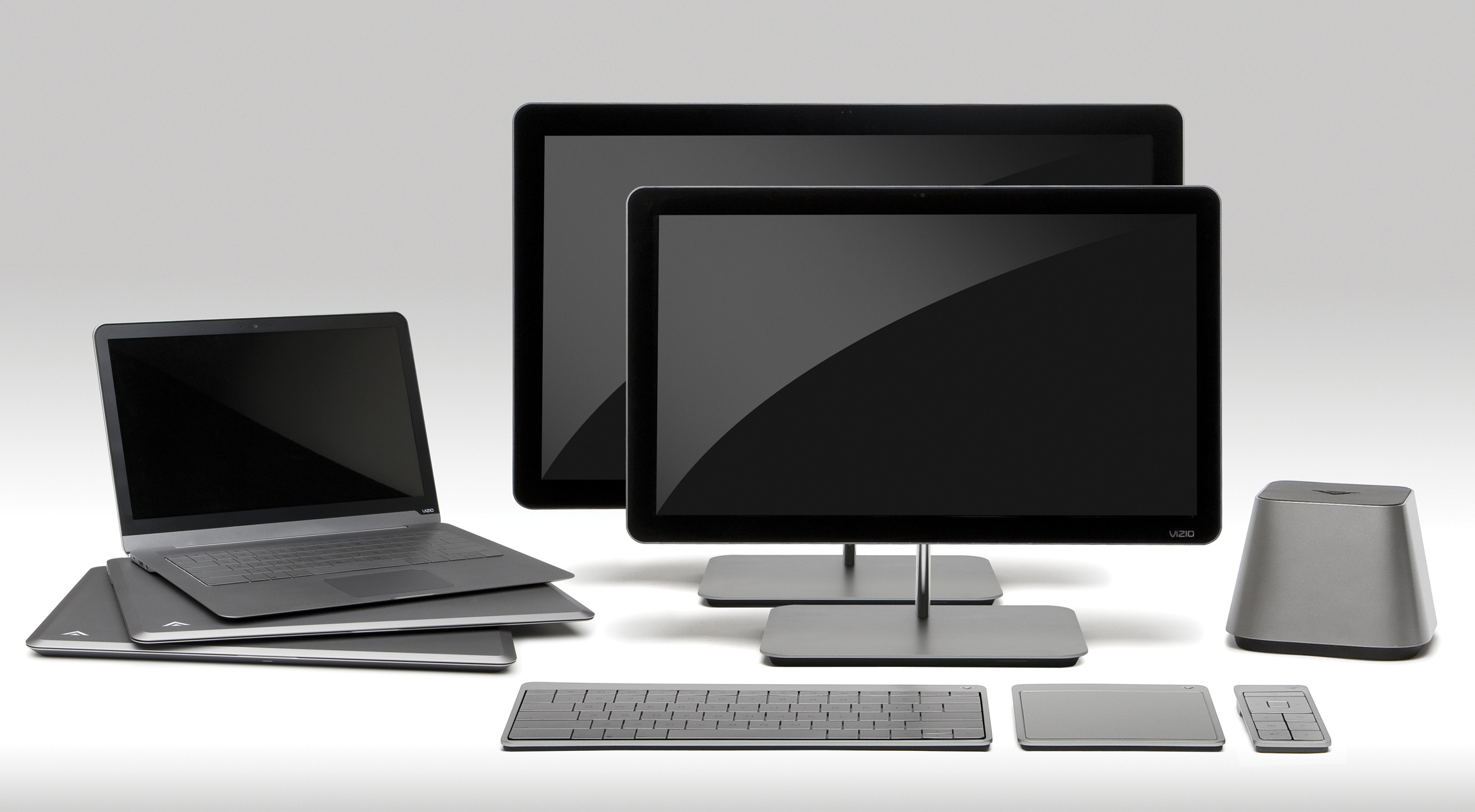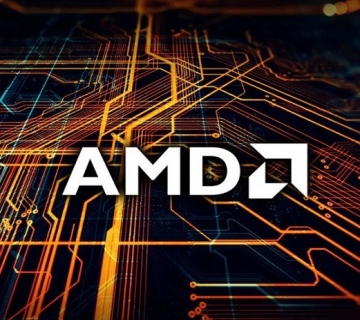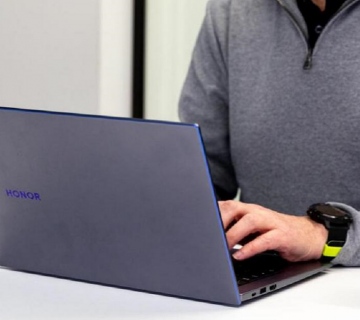Buying a computer can feel like a daunting task even if you are very knowledgeable about technical matters. Luckily there is any easy way to simplify your search for the perfect computer for your needs. When you begin your search, the most important question to ask yourself is: “Do I need a laptop or a desktop computer?” Once you answer this question your search is simplified. Here are some basic pros and cons for each type of computer to help you make your decision.

Desktop Computer Defined
The desktop computer is designed to be stationary and gets its name because it is intended to sit on a desk. It typically comes with several larger separate parts, including a monitor (screen), external keyboard and mouse, CPU (central processing unit) and sometimes other peripherals such as external speakers. Both the size and weight of a desktop computer, as well as the difficulty of disassembling the parts for transport, make the desktop computer a perfect choice for people who plan to use their computer in one permanent location.
Laptop Computer Defined
In the same way, the laptop computer’s name is derived principally from the way it is used. The laptop computer is typically an all-inclusive model that includes an inbuilt screen and CPU, an internal keyboard and mouse and assorted inbuilt peripherals (such as a CD-ROM drive). A laptop model computer is smaller, lighter, and folds to the size of a large book, depending on the screen size which is typically anywhere from 11 to 15 inches. A laptop is light and is designed to be portable. Unlike laptops in years past, today’s laptops can be equipped with innovative enterprise storage drives and other memory boosts to ensure their memory equals that of their desktop counterparts.
Desktop Pros and Cons
Desktop models have some strong advantages and disadvantages. On the pros side, desktop machines are considered to be sturdier and easier to fix than their smaller laptop counterparts. They can also be considerably cheaper. The price differential relates to the size of the components. The world of technology is perhaps the sole arena where “bigger is not better.” When it comes to computers, the small, compact laptop machine will nearly always out-price the larger desktop model.
When it comes to the major cons of a desktop computer, the number one reason why you may want to opt for a laptop over a desktop is because desktop computers are not at all portable. In addition, unless you buy a secondary power source for a desktop model, if your power cord gets disconnected for any reason or you experience a sudden power outage, your computer will instantly power down and you will lose any data you haven’t saved. Finally, because a desktop computer comes with several component parts, it can be more challenging to configure.
Laptop Pros and Cons
There are some equally compelling pros and cons regarding laptop computers. The main pro for laptop computers tends to its portability. It is hard to go anywhere — a coffee shop, library, place of business or even a bus stop — without seeing someone working away on a diminutive laptop computer. Also, because laptops have an internal battery that stores power for a period of up to several hours, no power source is necessary for shorter work sessions. Finally, a major pro for laptop users is that laptops can be used comfortably almost anywhere and even in that most cramped of spaces — the airline middle seat, for example.
However, there are some significant cons that may stack some users’ decks in favor of a desktop. Principle among these is the fact that laptop computers are weaker in structure than their sturdier desktop counterparts. Add to this that they tend to be more expensive and more liable to develop odd quirks and problems as they age and some users will take stability over portability.
Now that you have an overview of the major advantages and disadvantages of both model types of computer, you can evaluate your work habits, your lifestyle, your budget and other key factors and choose the best computer for you.
About the Author: Corey Hagans fell in love with computers when his high school science class built a computer from scratch. Today he is a product reviewer who works for some of the major IT magazines in the country.



